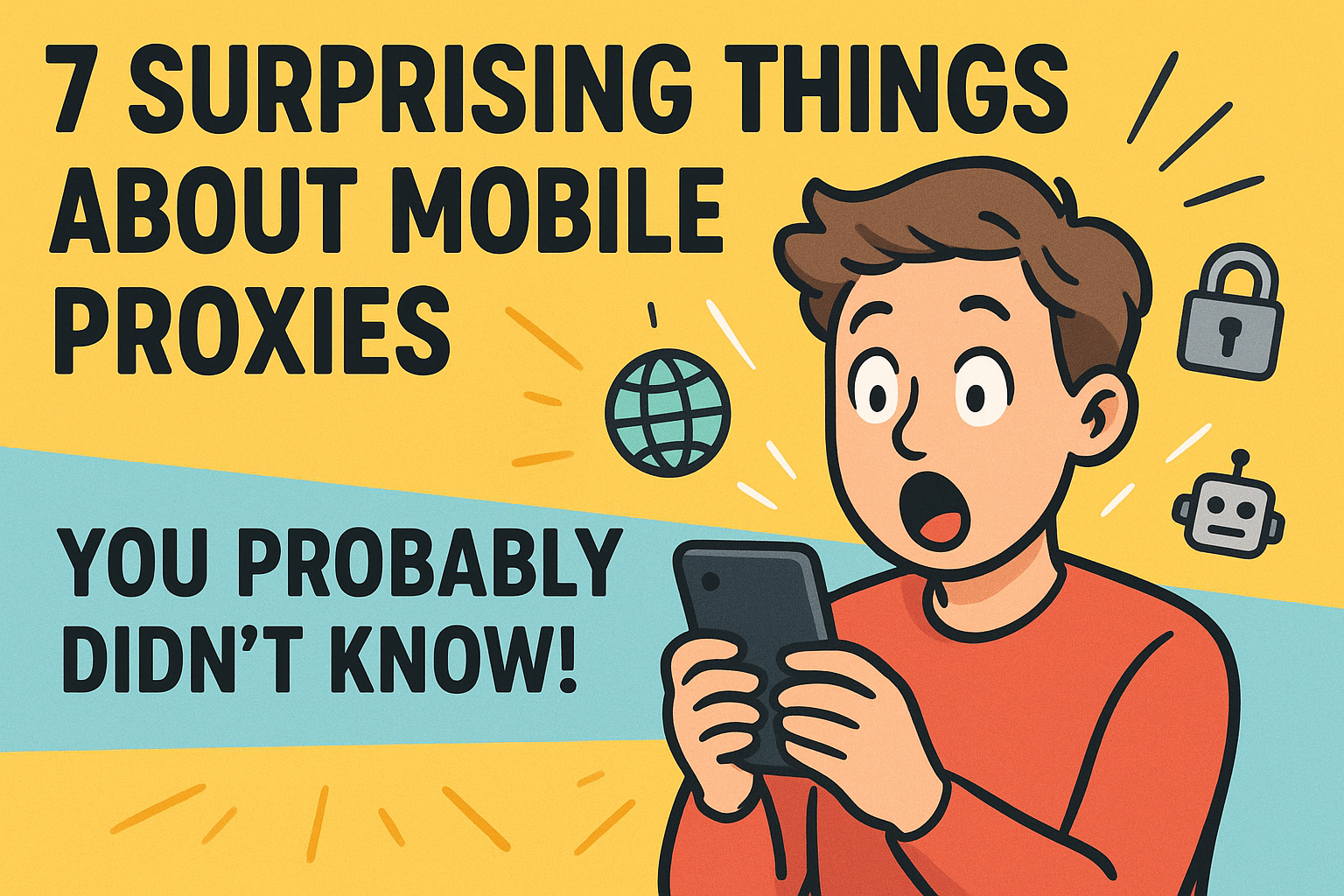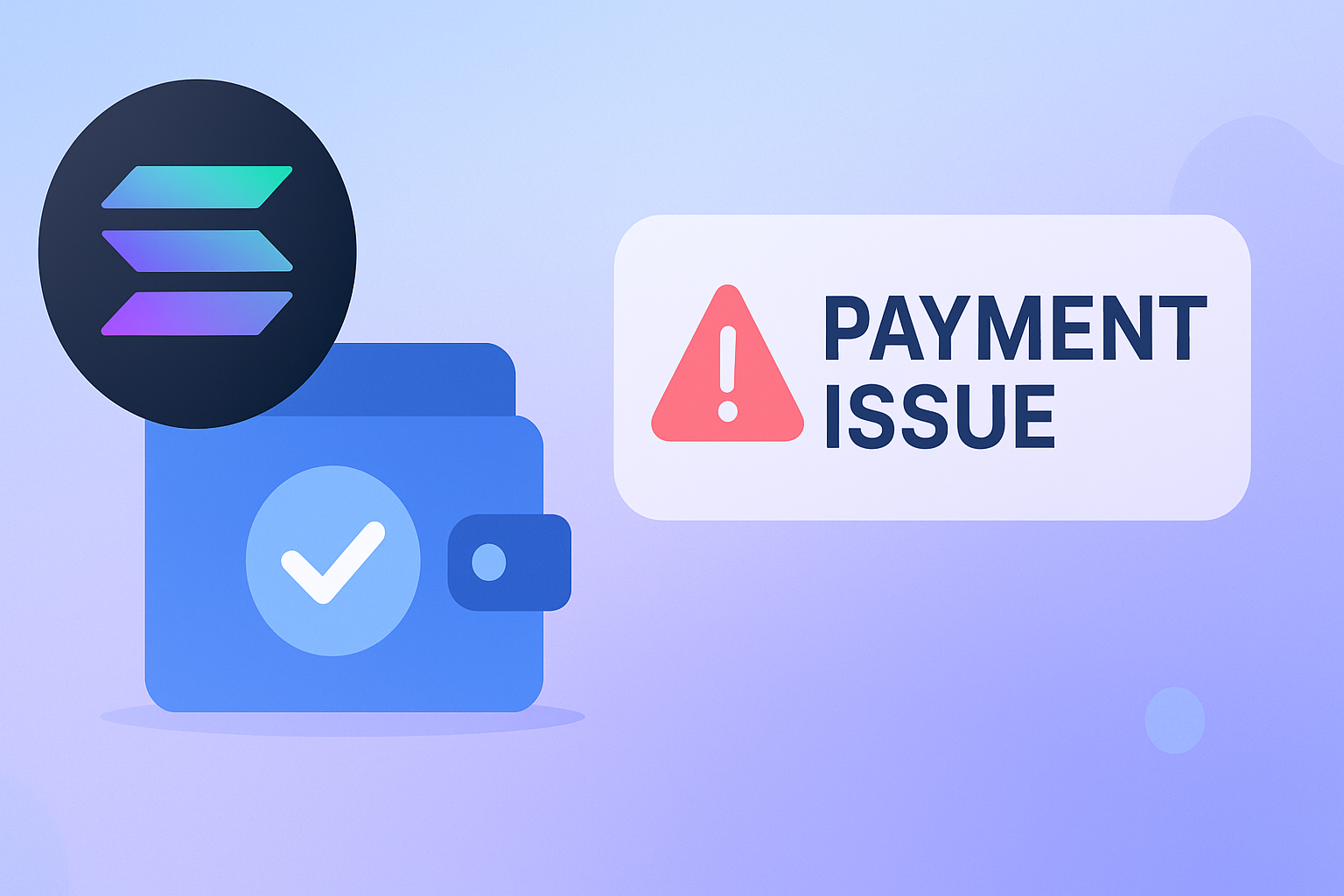In today’s digital age, proxies have become a crucial tool for various online activities, from ensuring anonymity and privacy to circumventing geo-restrictions and enhancing web scraping efficiency. However, not all proxies are created equal. Understanding the differences between residential, datacenter, and mobile proxies can help you choose the best option for your specific needs. Here’s a comprehensive guide to these three types of proxies.
1. Residential Proxies
Definition: Residential proxies are IP addresses assigned to real devices by Internet Service Providers (ISPs). These IP addresses are associated with physical residential locations.
Pros:
- High Anonymity: Residential proxies are less likely to be flagged or blocked by websites because they appear as regular user IPs.
- Geolocation Accuracy: They provide accurate geolocation, making them ideal for accessing content restricted to specific regions.
- Low Risk of Blacklisting: Due to their association with real users, residential proxies are less likely to be blacklisted compared to datacenter proxies.
Cons:
- Cost: Generally more expensive than datacenter proxies due to their limited availability and the costs associated with managing residential IP pools.
- Speed: Can be slower than datacenter proxies, as they are routed through residential networks, which may have lower bandwidth.
Best For:
- Ad verification
- Market research
- Web scraping where anonymity is crucial
2. Datacenter Proxies
Definition: Datacenter proxies are IP addresses provided by data centers, not associated with any specific physical location or ISP. These proxies are hosted on servers in large data centers.
Pros:
- Speed: Typically faster than residential proxies because they are hosted on high-speed servers with robust infrastructure.
- Cost-Effective: Usually cheaper than residential proxies due to the high availability and scalability of datacenter resources.
- Scalability: Easier to scale up and manage large numbers of proxies for bulk operations.
Cons:
- Detectability: More likely to be detected and blocked by websites because they are recognized as coming from data centers rather than real residential users.
- Less Geolocation Accuracy: May not provide as precise geolocation as residential proxies.
Best For:
- Large-scale web scraping
- High-speed tasks such as sneaker bots or automated testing
- Accessing content where speed is more critical than anonymity
3. Mobile Proxies
Definition: Mobile proxies use IP addresses assigned to mobile devices by cellular carriers. These IP addresses are typically dynamic and associated with mobile networks.
Pros:
- High Anonymity: Mobile proxies are harder to detect and block compared to datacenter proxies because they are less commonly used for proxy purposes.
- Dynamic IP Addresses: Mobile IP addresses change frequently, reducing the risk of detection and blacklisting.
- Mobile-Specific Content Access: Ideal for accessing content that is restricted to mobile users or testing mobile-specific applications.
Cons:
- Cost: Generally more expensive than both residential and datacenter proxies due to the cost of mobile data and the management of mobile IP pools.
- Variable Speed: Speed can be inconsistent due to the variable quality of mobile network connections.
Best For:
- Accessing mobile-only content
- Avoiding CAPTCHAs and other blocking mechanisms
- Testing mobile applications or services
Choosing the Right Proxy for Your Needs
When selecting a proxy, consider your specific requirements:
- For anonymity and avoiding detection: Residential and mobile proxies are preferable.
- For cost-effectiveness and speed: Datacenter proxies are ideal.
- For accessing mobile-specific content: Mobile proxies are the best choice.
Understanding the strengths and limitations of each type of proxy will help you make an informed decision and ensure you achieve your online goals efficiently and effectively.





